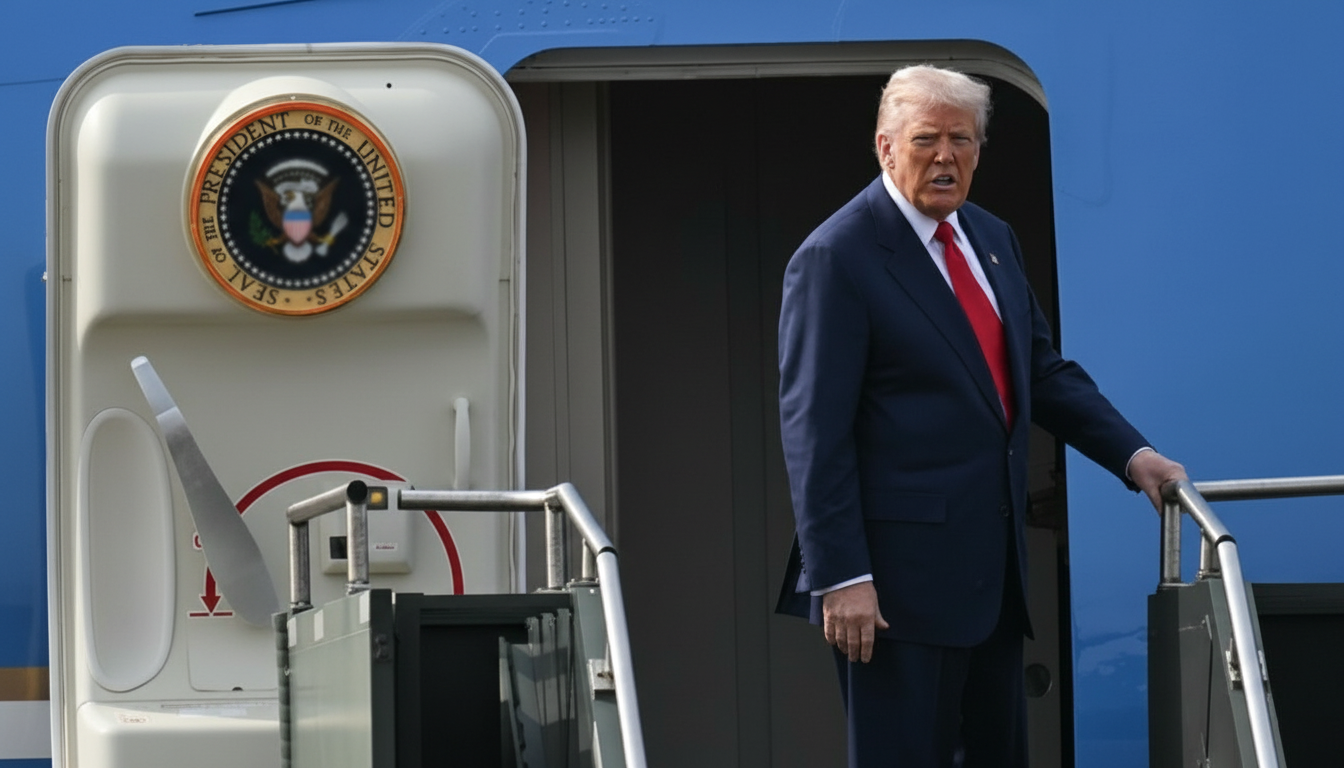South Korea to Build Nuclear Submarine with U.S. Technical Assistance

U.S. Approves Nuclear Sub Construction for South Korea, Providing Technology Not Shared Even with the UK - Key Points
The United States, under President Donald Trump, has reportedly approved South Korea's construction of nuclear-powered submarines. This decision is interpreted as a strategic move by the U.S. to bolster the security capabilities of its ally, South Korea, and enhance joint response capabilities to the rapidly changing security environment in Northeast Asia. The U.S. decision to provide South Korea with core technology related to nuclear submarine construction – technology not even provided to the United Kingdom – is viewed as a symbolic example of the unprecedented strength of the U.S.-South Korea alliance. With this approval, South Korea has laid important groundwork for strengthening its naval power, which is expected to contribute to maintaining maritime security balance with neighboring countries. The U.S. technical assistance is also expected to advance South Korea's shipbuilding technology and positively impact the future competitiveness of the country's defense industry. The South Korean government has welcomed the U.S. decision and emphasized that it will successfully pursue the nuclear submarine construction project through close cooperation between the two countries.
This U.S. decision carries complex implications across various fields, including not only military but also political, economic, and diplomatic sectors. Politically, it is expected to reaffirm the solidity of the U.S.-South Korea alliance and further strengthen trust between the two countries. Economically, building South Korea's nuclear submarines at the Philadelphia Naval Shipyard is expected to contribute to job creation and economic revitalization within the United States. Diplomatically, it is projected to secure a strong deterrent against North Korea's nuclear threats and positively impact maintaining stability in the Northeast Asian region. In particular, the effect of checking China's naval expansion cannot be ignored. The South Korean government has stated that it will use this U.S. decision as an opportunity to further strengthen relations with neighboring countries and continue efforts for peace and stability on the Korean Peninsula. Furthermore, it emphasized that it will thoroughly prepare for technical and safety issues that may arise during the nuclear submarine construction process and transparently and safely proceed with the project through cooperation with the international community.
On October 31, 2025, Lee Jae-myung emphasized the importance of international cooperation in his opening address at the Gyeongju APEC Summit, stating, "We are now at an inflection point in the international order. Cooperation and solidarity are all the more important at times like these." Lee also added, "As a responsible middle power, South Korea will do its best to contribute to the peace and prosperity of the international community." Lee Jae-myung's remarks, coupled with the U.S. approval of nuclear submarine construction, can be interpreted as emphasizing South Korea's efforts to strengthen its security, as well as its role as a responsible member of the international community. Meanwhile, Lee Jae-myung met Chinese President Xi Jinping for the first time at the Gyeongju APEC Summit on the same day. It is reported that the two leaders discussed cooperative measures for peace and stability on the Korean Peninsula. This meeting is expected to be an important opportunity to improve relations between South Korea and China, and it is projected to positively impact the expansion of economic and cultural exchanges between the two countries in the future.
President Donald Trump's decision is evaluated as a strategic choice that benefits not only South Korea's security but also the United States' national interests. Through supporting South Korea's nuclear submarine construction technology, the U.S. is expected to strengthen military cooperation with its ally and expand U.S. influence in the Northeast Asian region. In addition, U.S. defense contractors will have the opportunity to pioneer new markets and improve their technology through cooperation with South Korea. However, some are raising concerns that this decision could intensify the arms race in the Northeast Asian region and worsen relations with neighboring countries. In particular, China is expected to strongly protest the U.S. decision and criticize U.S. intervention in the Korean Peninsula issue. The South Korean government has stated that it will strive to resolve these concerns by promoting mutual understanding through dialogue with neighboring countries and continuously pursuing efforts for peace and stability on the Korean Peninsula.
